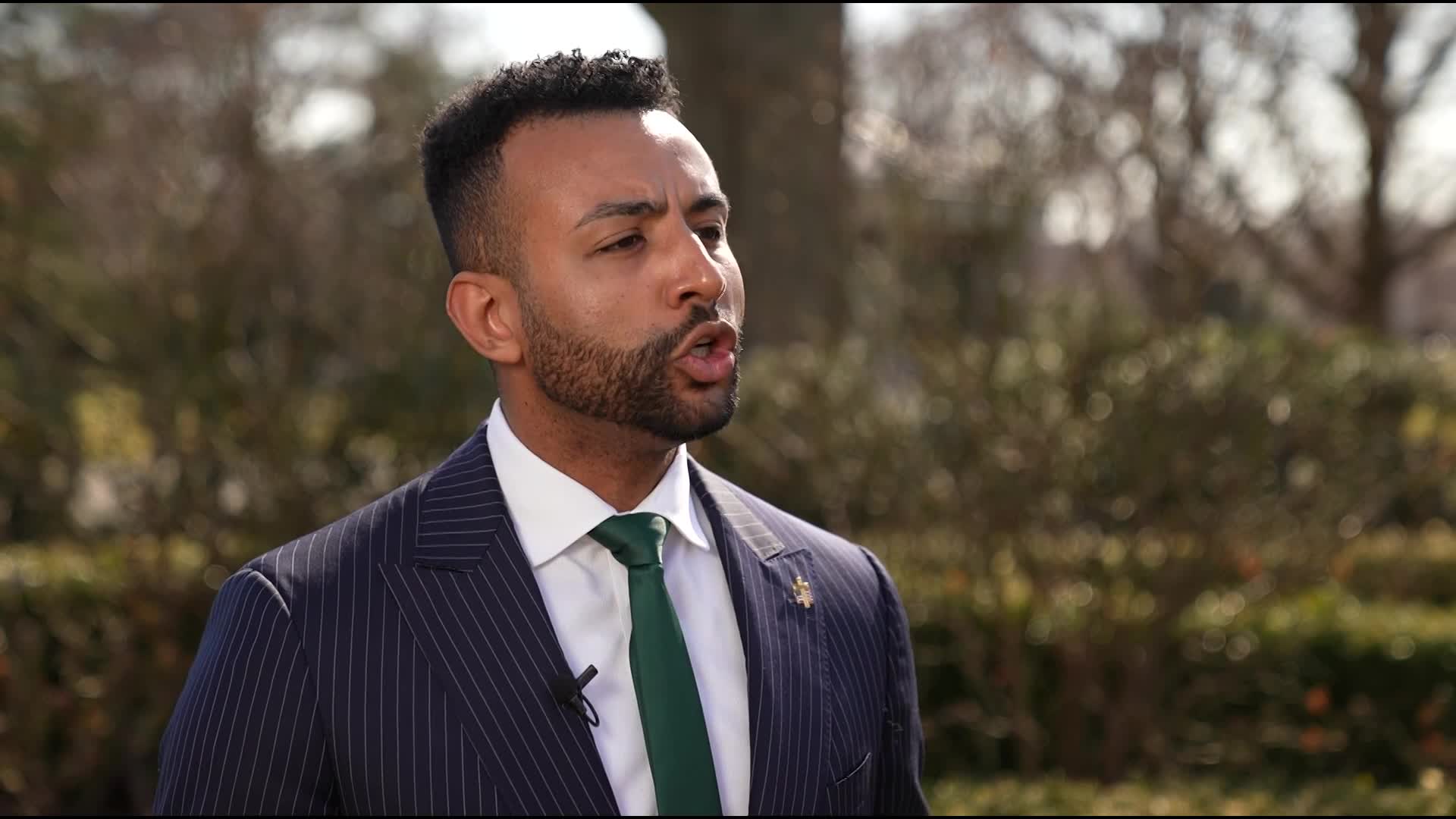U.S. Universities Unite Against Trump’s Overreach, “We Speak With One Voice”
Top U.S. universities unite to denounce President Trump’s sweeping political pressure, funding freezes, and control demands warning of grave consequences for academic independence and democratic values

In an unprecedented show of unity, more than 170 presidents from U.S. universities, colleges, and scholarly societies, including Harvard, Princeton, Brown, MIT, and Cornell, have issued a collective rebuke to what they describe as President Donald Trump’s “political interference” in higher education.
The powerful statement follows Harvard University’s bold legal move to sue the Trump administration after the White House froze $2.2 billion in federal funding and signaled another $1 billion suspension.
The administration’s demands, which Harvard rejected, include sweeping control over the university’s admissions, hiring and curriculum.
 US academic leaders unite against Trump's policies
US academic leaders unite against Trump's policiesIn the words of the joint statement: “We speak with one voice against the unprecedented government overreach and political interference now endangering American higher education.”
The universities were clear about their stance. “We are open to constructive reform and do not oppose legitimate government oversight. However, we must oppose undue government intrusion,” the letter read. They added unequivocally, “We must reject the coercive use of public research funding.”
 Over 150 US university presidents sign letter decrying Trump administration
Over 150 US university presidents sign letter decrying Trump administrationThe immediate backdrop to this dramatic confrontation is the Trump administration’s aggressive response to last year’s pro-Palestinian campus protests, which it has framed as evidence of rampant antisemitism.
The White House claims the protests, particularly those against Israel’s genocidal actions in the Gaza war, were not only “rife with antisemitism” but also reflective of a larger issue, what it perceives as universities’ left-wing bias.As a result, institutions have faced not only threats to their funding and tax-exempt status but also intensified scrutiny of their diversity programs.
Trump’s crackdown has also targeted international students, with the Department of Homeland Security threatening Harvard’s ability to enroll them unless it provides records on visa holders’ “illegal and violent activities.”
Over 1,000 international students have had visas revoked under Trump’s immigration crackdown, and schools like Harvard, where 27.2% of students are foreign, face additional pressure to disclose records on visa holders. The Department of Homeland Security has threatened to strip Harvard’s ability to enroll these students unless it complies.
 White House spokesperson Harrison Fields
White House spokesperson Harrison FieldsThe administration has presented these measures as necessary to “ensure taxpayer dollars do not support racial discrimination or racially motivated violence,” according to White House spokesperson Harrison Fields. Yet the academic community has fiercely rejected the approach.
The university leaders’ statement stresses their role as “centers where faculty, students, and staff are free to exchange ideas and opinions across a full range of viewpoints without fear of retribution, censorship, or deportation.”They assert that “America’s colleges and universities prepare an educated citizenry to sustain our democracy,” and warn that “the price of abridging the defining freedoms of American higher education will be paid by our students and our society.”
Harvard’s lawsuit is not merely about funding; it also declared the Trump administration’s conditions unlawful and demands reimbursement for legal costs.
The lawsuit accuses the federal government of attempting to “overhaul Harvard's governance, control Harvard's faculty hiring and dictate what faculty may teach Harvard students” for ideological reasons, arguing that this violates the Constitution’s protections for speech and bypasses federal civil rights procedures.
Meanwhile, more than 60 current and former university presidents have signed another open letter voicing “strong support” for Harvard President Alan Garber’s decision to reject the Trump administration’s demands.
Despite some institutions such as Columbia bowing to federal pressure in recent months, this broader movement signals growing resistance.
“The price of abridging the defining freedoms of American higher education will be paid by our students and our society,” the joint letter warned.
Their message is clear: “Higher education must remain a space of freedom, not a battleground for ideological control.”
